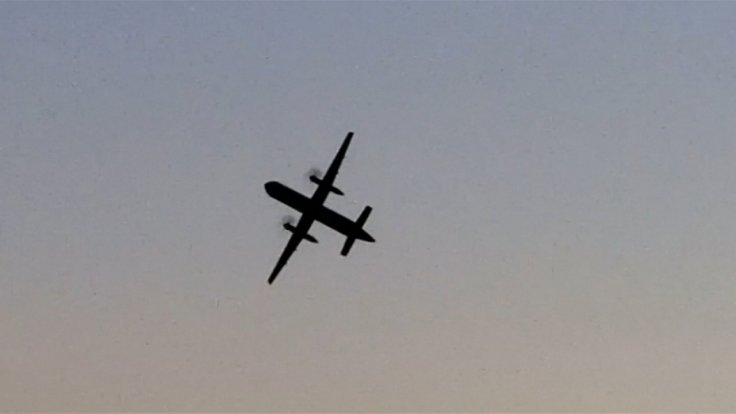
The grounding of Boeing's global 737 MAX fleet has brought headaches for airlines that need to find alternative aircraft to fly in their place, but it has given some carriers a welcome opportunity to re-evaluate orders for the plane.
Countries and airlines around the world banned the 737 MAX this week after a deadly Ethiopian Airlines plane crash killed all 157 people on board. The disaster followed a fatal crash of the same model operated by Lion Air in Indonesia in October.
For airlines that over-ordered the latest version of Boeing's 737 workhorse, the grounding could be a good excuse to delay or cancel purchases, saving cash on the balance sheet, analysts said.
"These unfortunate developments could give airlines that have potentially over-ordered an opportunity to review their requirements and fleet strategy," CAPA Centre for Aviation Chief Analyst Brendan Sobie said.
Many airlines have had to quickly find other aircraft to substitute for the grounded 737 MAX, which has also complicated plans by airlines to use the fuel-efficient, longer-range jet to serve new destinations.
Southwest Airlines Co, the world's largest operator of the MAX, was planning to fly the jet on its new California-Hawaii route later this year, while Gol Linhas Aereas Inteligentes inaugurated flights from Brazil to Orlando and Miami in November after receiving its first 737 MAX planes.
Normally there are financial penalties for airlines that cancel orders and for manufacturers that do not deliver according to the contract terms. It was unclear how much legal leverage the MAX grounding might give airlines to wiggle out of commitments or seek damages for costs and lost revenue.
Among airlines that may regret ordering too many 737 MAX, Sobie cited Vietnam's VietJet Aviation JSC, which he said had based a decision to expand from an all-Airbus A320 fleet by adding 200 737 MAX jets on a flawed strategy of opening joint ventures in overseas markets.
VietJet said it was closely monitoring developments and would make a decision about its order once more is known.
Among other Asian airlines, financially troubled Malaysia Airlines said on Friday that its order for 25 737 MAX jets was under review. Garuda Indonesia said this week it might cancel its order for 20 737 MAXs, which it had already reduced from 49 before the crash.
Lion Air, one of Boeing's top three MAX customers in terms of total orders, had already thrown into question 187 unfilled orders after its October crash. It told Reuters on Wednesday it would halt all planned 737 MAX deliveries until after a final report into its crash is released later this year.
In Europe, analysts said there was a case for and against cash-strapped Norwegian Air cancelling MAX orders: The ban would offer a reprieve from debt commitments but could leave the airline at the back of a congested Airbus order queue or increase operating costs if flights were replaced with less fuel-efficient jets.
Loss-making Norwegian already said in February it was postponing delivery of 12 MAX aircraft from 2020 to 2023 and 2024 to cut expenditure and shift its focus from expansion to profitability, and this week became the first major airline to publicly say it will seek compensation from Boeing over the MAX grounding.
A Norwegian Air spokesman declined to comment on Friday on whether it was discussing delaying or cancelling altogether MAX 8 orders, saying it was in dialogue with Boeing about a range of topics but had nothing new to share.
FLEET PAIN
For many large carriers like American Airlines Group Inc and China Southern Airlines Co Ltd, the 737 MAX a tiny proportion of the total fleet.
But smaller airlines Iceland Air, Poland's LOT and Norwegian Air Shuttle ASA had planned to use 737 MAX jets to cover 25 percent, 17 percent and 11 percent of their summer schedules respectively, Goodbody analyst Mark Simpson said, giving them a higher exposure to the grounding.
"This is going to impact on their operations and cash flow," he said. "Particularly into the Easter peak season next month and potentially through the summer as well... People will be scrambling for spare aircraft and there are not many, so lease rates will rise."
Meanwhile, Air Canada on Friday became the first major airline to publicly attach dollars and cents to the uncertainty surrounding the 737 MAX, saying it was suspending its 2019 financial forecasts.
One silver lining for the airlines: Reduced seat capacity may allow them to hike passenger fares, analysts said.








